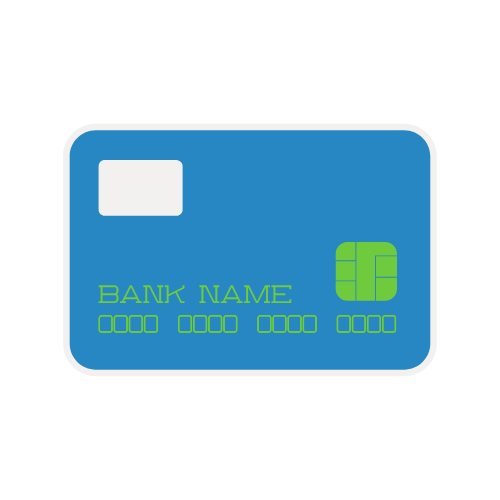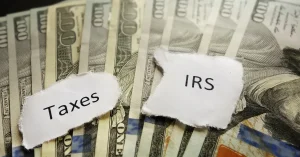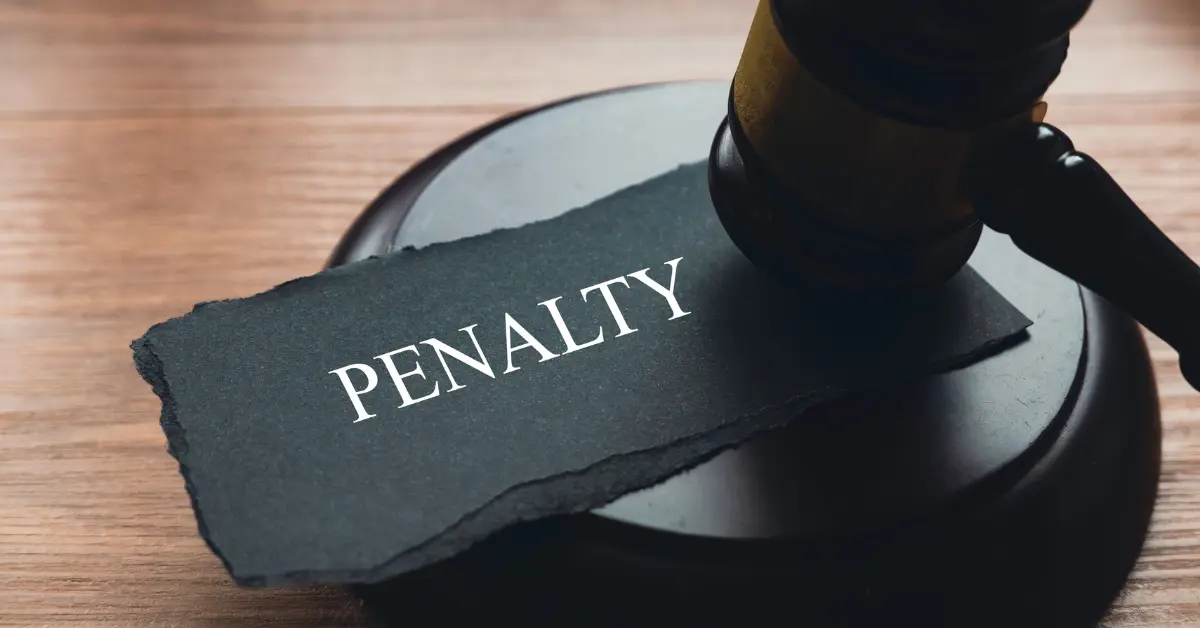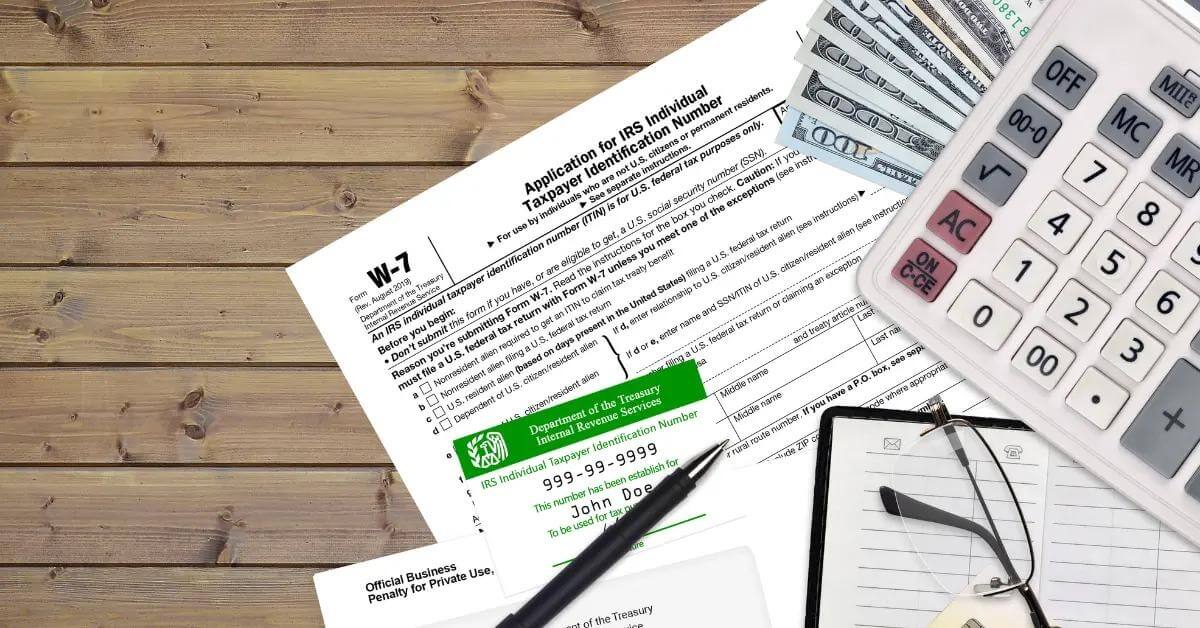In your life, you’ll deal with many kinds of stress, good and bad. But few types of stress are as difficult to deal with as financial stress. People will do just about anything to get back to a place of financial stability, including paying taxes with a credit card.
The same is true when you have the IRS breathing down your neck. You know that they won’t stop coming after you until they get their money, and with interest and fees piling up, you’ll do just about anything to get out from under it. That’s why it may be tempting to put your tax debt on a credit card — it’s a quick and easy solution to your problems.
But paying taxes with your credit card may put you in an even more difficult financial situation than before. Read on to learn why you should avoid paying taxes with a credit card.

1. You Cannot Pay All Taxes With a Credit Card
The first thing to know about paying taxes by credit card is that it is not always an option. The IRS has multiple rules surrounding payment of taxes by credit card that include the frequency with which you can use a credit card based on the types of tax forms you used to file. You also cannot use a credit card to pay federal tax deposits or taxes that are owed by people who used a Form 941 to file.
While limitations on credit card payments are few, always be conscious about your eligibility to pay by credit card before banking on it.
2. You’ll Pay Additional Fees
When you use your credit card at points of sale, you usually pay for the items you’re purchasing and any applicable sales tax. What you don’t know is that the merchants have to pay a processing fee for each credit card transaction. Merchants usually cover this fee, but the IRS does not.
Whenever you choose to make a payment to the IRS, you’ll have your choice of payment processing companies to use to make the payment. Most have separate fees for payments made by debit card and credit card, with flat fees for debit cards and percentage-based fees for credit cards. Expect to pay a processing fee of about 2%.
If you only owe $100, this processing fee isn’t a huge deal since it’ll only cost you a couple of dollars, but the higher your tax bill, the harder the financial hit. For example, if you owe $5,000, you’ll pay an extra $100 to use your credit card.
And if you’re using your credit card to make the payment in order to rack up the rewards points, the processing fee negates most potential cashback bonuses.
3. Interest Rates
Unless you’re planning on immediately paying off your credit card or you have a zero interest rate, the interest associated with the payment is reason enough to avoid paying with your credit card.
What was originally a $5,000 tax bill will quickly snowball into a much higher amount the longer it takes you to pay it off. And if you’re paying a tax bill that already has interest and fees associated with it because you didn’t pay on time, then you’ll be paying interest on interest.
4. It Will Hurt Your Credit
Another thing to consider when thinking about paying taxes with your credit card is the damage it’s going to do to your credit score. There are many factors that go into calculating your credit score, and a major one of those factors is your total credit utilization. In fact, it’s the second most important factor after timely payments.
While a hit to your credit may not seem like a big deal right now, it can come back to bite you in a major way if you’re in the market to buy a new home or car. It can also hurt your chances at scoring a great job since many companies pull a credit report on potential candidates during background checks.
What are the Alternatives to Paying Taxes with a Credit Card?
With all these downsides to using credit cards to paying taxes with a credit card, what are your other options? There are a few others, such as taking out a home equity line of credit or borrowing from a friend or relative. Both of these are fine options, but it’s best to work with the IRS directly to avoid fees and uncomfortable situations.
1. A Long-Term Payment Plan
Long-term payment plans are available for people who owe $50,000 or less and have filed all their required tax returns.
You pay $31 to set up the plan online, plus a .25% percent late fee per month, and about 5.5% interest on the amount you owe, which compounds daily. The IRS will offer you a number of plan lengths to pay down your taxes, choose the plan that you’ll most realistically be able to pay each month.
2. A Short-Term Payment Plan
If you owe less than $100,000, including taxes and applicable penalties and interest, then you are eligible to enroll in a short-term payment plan with the IRS.
This plan will give you 120 days to pay off your total debt. You’ll still pay interest, but it will be significantly less than what most credit card companies charge at approximately 5.5%. In addition, you’ll pay a late fee of 0.25% each month.
If you owe more than $25,000, the IRS requires that payments be automatically debited from your checking account each month.
Ready to Tackle Your Tax Debt?
Conquering your tax debt may seem impossible. It’s so tempting to put it all on a credit card and forget about it, but between the added interest and fees, you’d ultimately just be putting yourself in a more precarious financial situation than you were in before. On top of that, you’ll be hurting your credit, which has a whole different set of problems.
Working with the IRS to figure out a solution, while not a quick fix, will be better for you and your family in the long run. The IRS may be persistent, but there are many alternatives to paying taxes with your credit card available out there to help you out.
Do you need help conquering your tax debt? You’ve come to the right place. Don’t pay what you owe in taxes with a credit card, Contact us today to see how we can help you!








